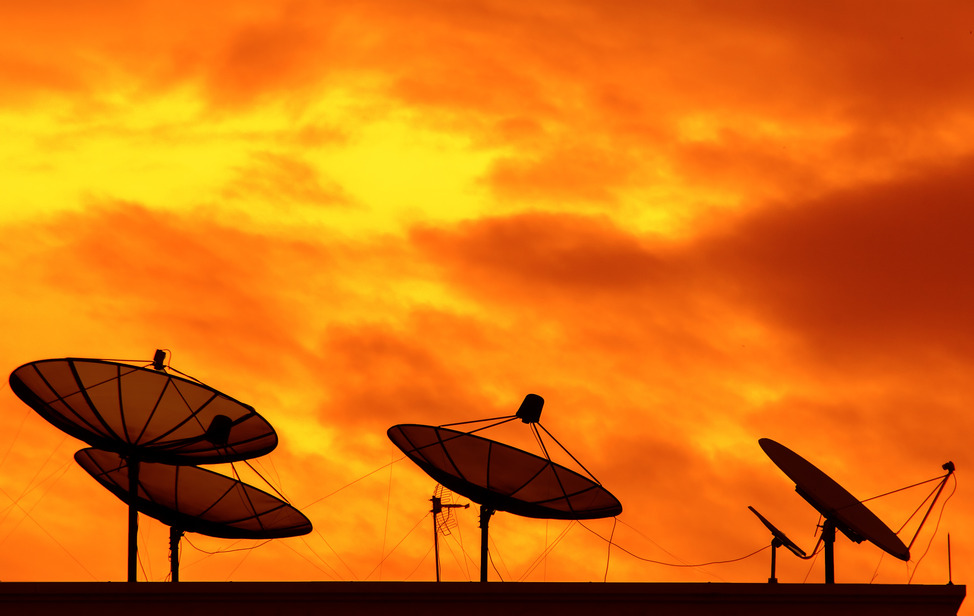Early this year we were alerted to federal lawsuits filed by Dish Network L.L.C against individuals for allegedly pirating their satellite services. A Pacer search reveals that these lawsuits are relatively steady though not filed with such frequency as your average BitTorrent suit. These Dish Network lawsuits are also not new, having been around for several years, such as against this unfortunate chap in Fort Myers.
The theory behind these lawsuits is grounded in various federal laws, including the Digital Millennium Copyright Act (DMCA), 17 U.S.C. § 1201 et seq., the Federal Communications Act (FCA), 47 U.S.C. § 605 et seq.; and the Electronic Communications Privacy Act, 18 U.S.C. § 2511 et seq. In at least some of the DISH Network lawsuits, DISH accuses Defendants of circumventing its security system and receiving its satellite broadcasts without paying a subscription fee by using a pirate television service such as nFusion Private Server or nFusion receiver. The suits can be filed on behalf of Dish Network, EchoStar Technologies, and Nagrastar.
The suits, filed in federal court, are part of Dish Network’s efforts to stamp out black-market piracy devices that, despite the decreased popularity of cable and satellite television, still seem to exist. Certain individuals have sold illegal subscriptions to Nfusion Private Server systems to other individuals so they could obtain access to DISH without paying DISH’s prices. In some situations, DISH obtained records from the blackmarket sellers and later filed lawsuits against the end-users who bought the pirated equipment. The causes of action include “Circumventing an Access Control Measure in Violation of the DMCA”; “Receiving Satellite Signals without Authorization in Violation of the FCC; and “Intercepting Satellite Signals in Violation of the Electronic Communications Privacy Act.” The lawsuits seek injunctive relief as well as monetary damages.
Bottom line: If you receive a demand letter or a summons and complaint in one of these matters, do not ignore it. Dish Network does follow through with these actions. This is federal litigation and is not to be taken lightly. Whether you ultimately committed the allegations or not, there are ways to deal with these suits. Many times they can be settled or resolved out of court. Regardless, the worst thing you can do is ignore the lawsuit and suffer a default judgment.
Additionally, if you have been obtaining a DISH Network signal without subscribing to DISH Network, the risk of being involved in one of these lawsuits is not worth the savings. If you really like the DISH service, just subscribe to DISH. Otherwise, use a legal service like Netflix or Hulu for entertainment. Piracy is not worth the financial risk — you will not want to be hit with a suit like this.
If you receive notice of one of these or a similar legal claim and would like a consultation about it, contact Cynthia Conlin & Associates today. You can reach us at 407-965-5519.




Leave a Reply